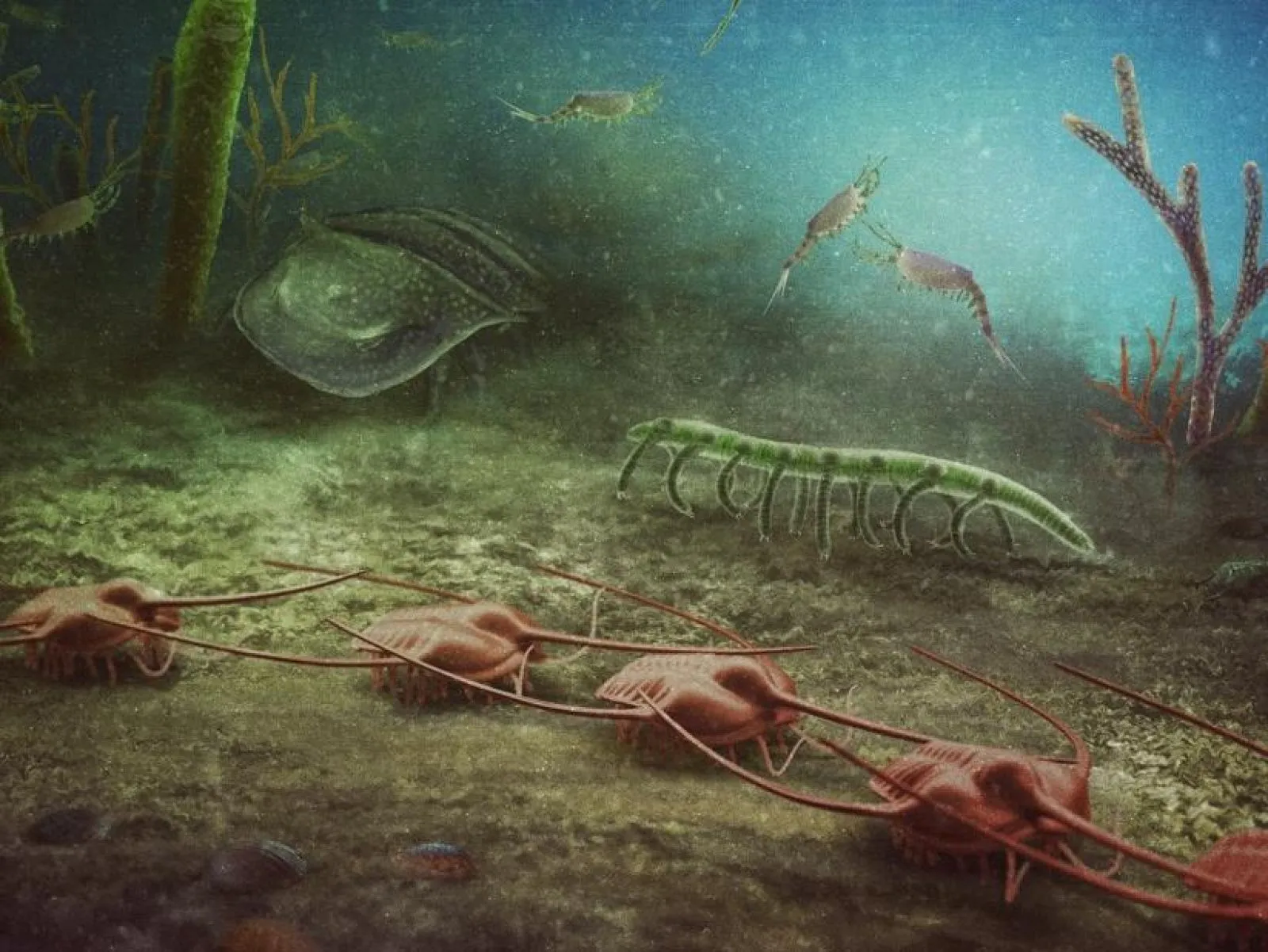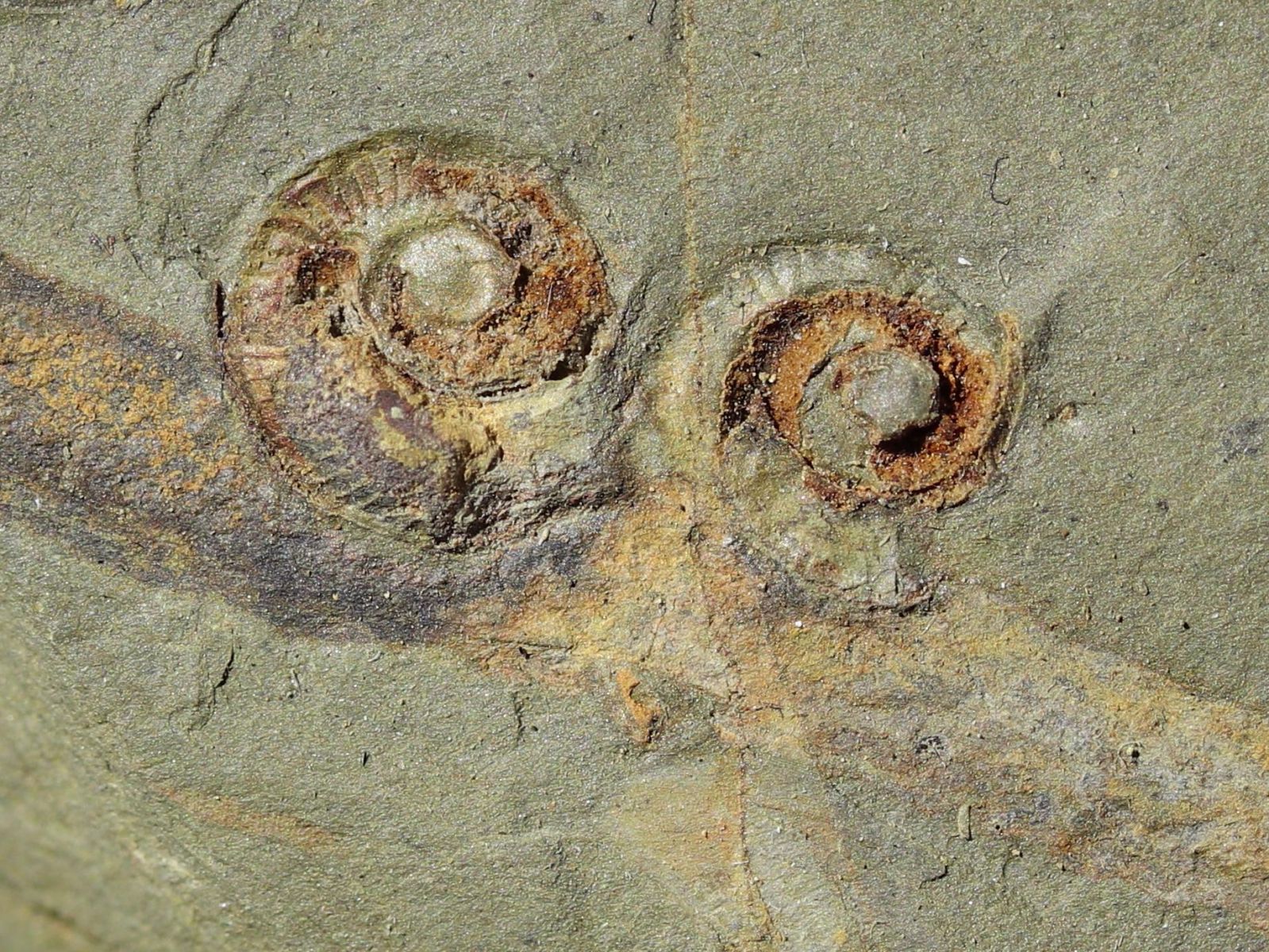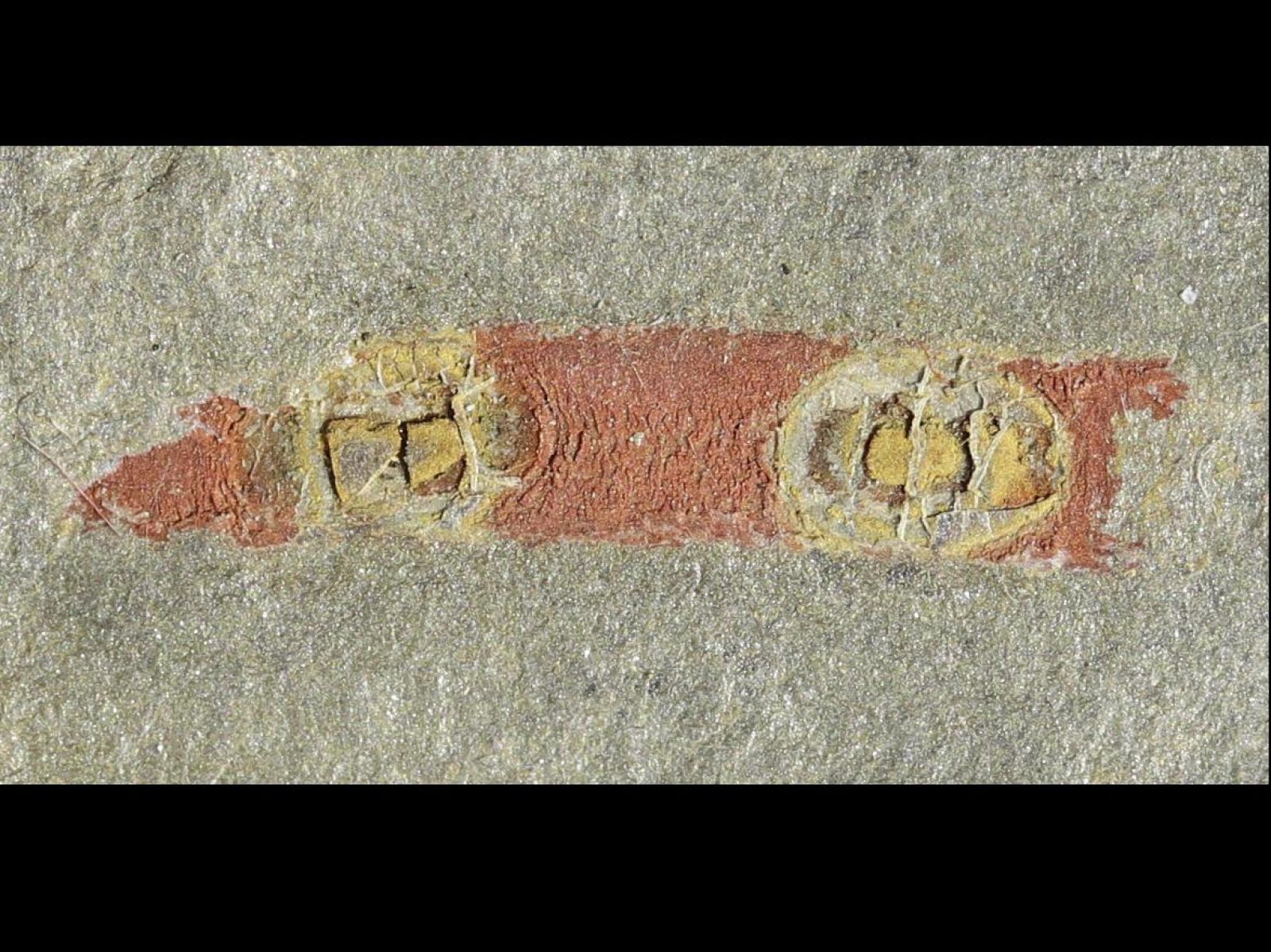Fossil Discovery in Southern France Holds Global Significance
Published by Cédric,
Article Author: Cédric DEPOND
Source: Nature Ecology & Evolution
Other Languages: FR, DE, ES, PT
Article Author: Cédric DEPOND
Source: Nature Ecology & Evolution
Other Languages: FR, DE, ES, PT
Follow us on Google News (click on ☆)

Reconstruction of the Cabrières biota.
Credit Christian McCall
Analyses conducted by scientists from the University of Lausanne (UNIL) in collaboration with the CNRS and international teams have revealed a remarkable diversity of organisms. Arthropods, cnidarians, algae, and sponges have been identified among the fossils, thus providing clues about the composition of marine ecosystems at the time. This discovery also suggests that the region served as a refuge for species fleeing the high temperatures of equatorial areas.
According to Farid Saleh, a researcher at UNIL and lead author of the study, this period of intense global warming led polar communities to seek refuge in high-latitude regions to escape extreme temperatures. This observation sheds valuable light on the implications of current climate change.
The specimens discovered at Cabrières exhibit exceptional preservation, with soft elements such as digestive systems and cuticles perfectly conserved. The excavations, which will continue for several more years, will deepen our understanding of these ancient organisms through innovative imaging techniques.


Credit Farid Saleh - UNIL
This discovery also provides insights into the evolution of marine ecosystems during the Ordovician. Indeed, the diversity of taxa identified, as well as the presence of fossils reminiscent of Cambrian species, challenges our understanding of biodiversity evolution during this period.
The discovery of the Cabrières biota opens new perspectives in the field of marine paleontology. It underscores the importance of collaborative research efforts between passionate amateurs and professional scientists to document and understand our geological past.